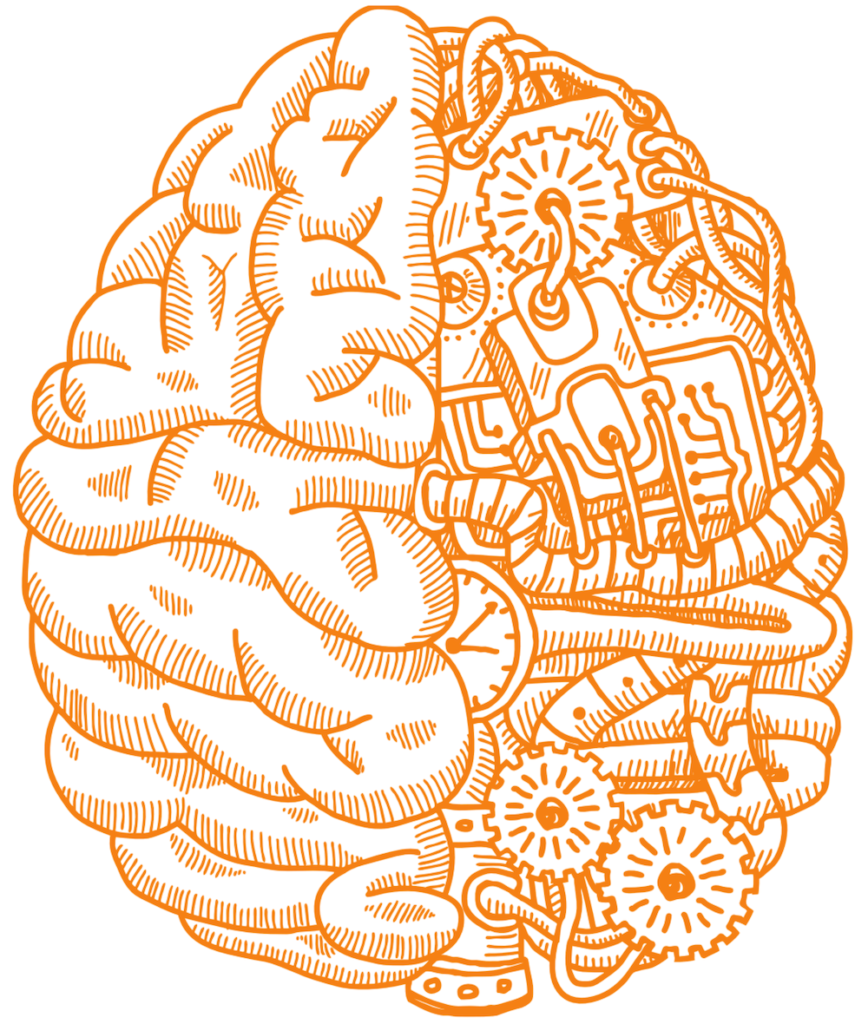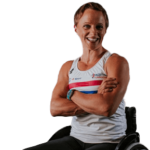Belief is a mercurial quality. It can, at times be difficult to find and impossible to hold on to. Did I ever truly believe I could be Paralympic Champion? Probably not. But did I believe I could work harder than anyone else? Use the support available to me more effectively than anyone else, to give me the best chance of delivering my best performance, in that moment, to challenge for the top spot? Then yes, I certainly did.
Mohammed Ali is arguably one of the greatest sportsmen who exuded self-belief. He would enter the ring thinking: ‘I’m the greatest, I’m the champion.’ He never said: ‘I hope I win.’ This wasn’t arrogance; it was backed up by his belief that he had done all the training, made all the best decisions. Meaning he was able to perform at a high standard. His positive thinking is a supplement, not a substitute, to the plan. This overt confidence may seem unattainable for some of us. And if the task we are pursuing is unknown, how can we possibly believe we are the greatest? I have learnt that the key is to believe you have the ability and that you could have done no more to be ready for that moment.
Positive thinking vs. positive believing. Positive thinking doesn’t guarantee success. But coupled with positive efforts and actions, it increases our probability of success. So, if totally believing that you will succeed seems unattainable, then believe in your powers to commit to the process. Give it everything you’ve got and leave no stone unturned in the pursuit of that performance.

Belief is trust, faith or confidence in someone or something. This could be in yourself or in others around you, this will vary between individuals. It doesn’t really matter if I don’t believe in myself all the time, as long as I put my belief in the system, the plan and the process. This approach has worked well for me, the lack of a strong self-belief in the outcome means I leave no stone unturned in the process. During my six years unbeaten, I never lined up in the start bucket expecting to win. I took greater confidence in knowing that I had done all the training and if I focused on the process of executing my race plan, there were few in the world who would beat me. Believing we will win or be successful is very different to believing that we can do everything in our power to give us the best chance. The first is ultimately out of our control, whereas the other is 100% within our control. Also, I’ve always found the sometimes apparent air of confidence some folk have rather elusive. I tried for years to be more confident. To know I will win races. To be, on the day that matters, better than anyone else. To convince my coach I was oozing calm confidence. Knowing that all would be alright. Sadly, it was never something I mastered. I still wonder if it’s really possible. All this taught me was that ultimately, winning is out of my control. Because the performance of others on any set day is out of my control. And actually, the most powerful factor in performing to the best of our ability is having belief that we know we have done everything we can to be ready. And believing that we are capable of delivering a performance that is good enough to challenge anyone.
One of my fundamental beliefs is that hard work, living to high standards and showing passion will result in the performances you desire. I choose to immerse myself in the belief that I can and will work hard and set high standards, rather than having to find the elusive self-belief in my own abilities. I believe that, whatever situation I find myself in, I have the abilities to cope and improve my situation through hard work and attitude.
Belief perseverance is an interesting phenomenon. It is one where we maintain a belief despite new information that firmly contradicts it. This is a stumbling block for some and an example of where some misguided beliefs may be an inhibitor to high performance. If we have a tendency to lean towards belief perseverance we must honestly look at ourselves and try to objectively evaluate our performances on fact rather than fiction. I tend to always credit the tailwind with my good performance. And it may have played a part.
But I’m missing a valuable confidence-boosting opportunity by allowing this inaccurate assessment of my performance. We should actively seek to attribute successes, however small, to the real reasons and try to be less “British” by explaining away our good work and efforts. By doing this, we will gradually add to our self-belief stores from which we can take when things get tough.
Coaching Question
Doubts: Is your belief in the process, stronger than your doubts?
Habituator
Identify the blockers: Is belief a blocker for you? Do you need to address it?
This article is based on the Amazon No.1 Hot New Release in HR, The A–Z of Human Performance. For more coaching questions and habituators on this topic and 25 more chapters from Jonna Sercombe, Emma Wiggs, and Steve Eaton, pick up a copy in paperback or eBook.
